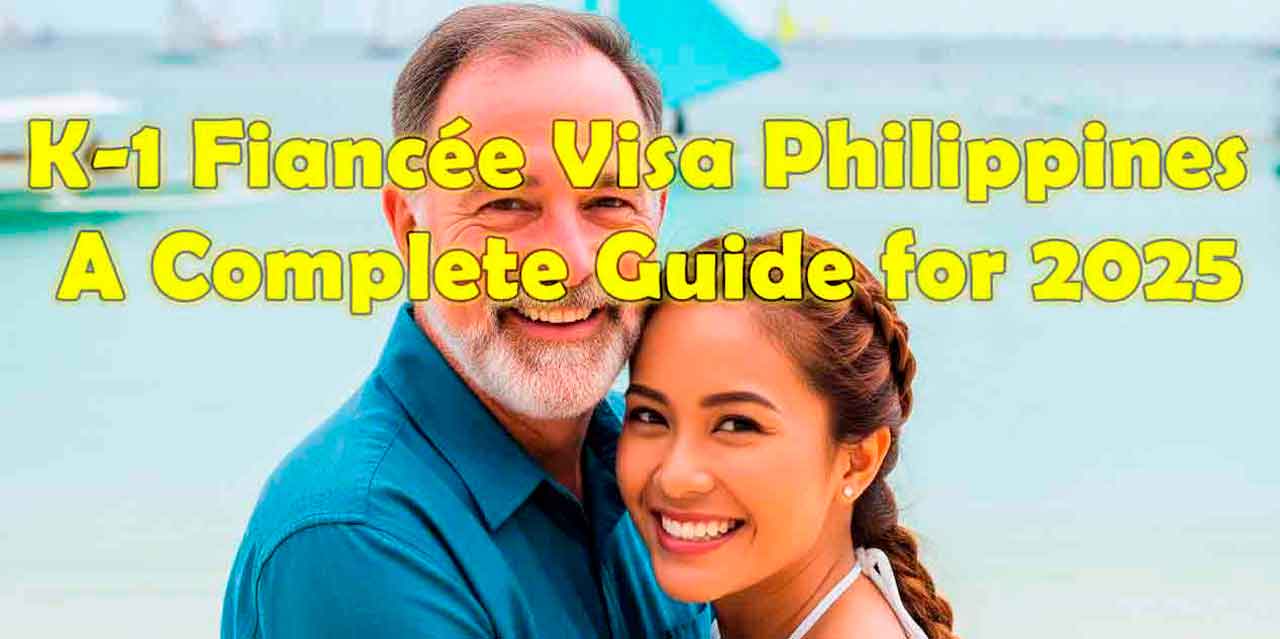
In This Guide
The Golden Rule: Proving Your Ties to the Philippines
The single most important factor in any non-immigrant visa decision is your connection to your home country. By law, US consular officers must assume every applicant intends to stay in America permanently unless proven otherwise. This means the responsibility is on you to demonstrate that your life in the Philippines is stable, fulfilling, and full of compelling reasons for you to return.
Think Like an Officer: They need to see a clear picture of your life. Strong ties can include a stable job, property ownership, close family responsibilities (like caring for parents), or ongoing education. Your goal is to paint a picture of a life you are invested in and would not abandon.
Key Areas a Visa Officer Will Scrutinize
Beyond proving your ties, officers are trained to assess several key areas during your brief interview. Being prepared for these topics is essential for success.
Consistency is Credibility
The officer will cross-reference your application forms with your interview answers. Any inconsistencies, even small ones, can raise a red flag. Avoid memorizing a script; rehearsed answers often sound less believable. Authenticity is far more convincing than perfection.
Honesty About Relationships
If you plan to visit a boyfriend or an online partner, be prepared to discuss the relationship openly. Officers are aware of visa fraud and will ask detailed questions. Lying to avoid scrutiny is one of the worst mistakes you can make, as it can jeopardize any future applications, including a K-1 Fiancé Visa.
Your Demeanor and Confidence
Your behavior matters. Officers form impressions quickly. Maintain respectful eye contact, answer with clarity, and remain calm. Your confidence in your own story and your intentions will speak volumes. This is a crucial part of improving communication in a high-stakes setting.
The Role of Supporting Documents
While important, documents don’t tell the whole story. Bringing a mountain of paperwork can be counterproductive. Organize a neat folder with the most relevant documents—employment certificate, bank statements, property titles—but be prepared for the officer not to ask for them. Your verbal answers carry the most weight.
Interview Preparation Tips
- Review Your DS-160: Know every detail you submitted on your application form. You will be asked about it.
- Organize Your Documents: Have key documents in a neat folder, ready to present if asked. This includes your passport, DS-160 confirmation, appointment letter, and supporting evidence of ties.
- Practice, Don’t Memorize: Practice answering potential questions in English. The goal is to be comfortable and natural, not to sound like you’re reading a script.
- Dress Professionally: Dress in smart, conservative business attire. First impressions matter.
- Know Your Itinerary: Be able to clearly and concisely explain the purpose of your trip, where you will stay, and what you plan to do.
Interview Guide: Example Questions Asked
Officers can ask a wide range of questions. Here are some common examples:
About Your Trip:
- “What is the purpose of your trip to the United States?”
- “How long do you plan to stay?”
- “Where will you be staying?”
- “Have you ever traveled outside the Philippines before?”
- “Who is paying for your trip?”
About Your Life in the Philippines:
- “What do you do for a living?”
- “How long have you been with your current employer?”
- “Do you own any property?”
- “Who do you live with?”
- “What will you do when you return to the Philippines?”
If Visiting a Partner/Sponsor:
- “How did you meet your boyfriend/fiancé?”
- “When did you last see him in person?”
- “What does he do for a living?”
- “Has he visited you in the Philippines?”
- “Do you have plans to get married?”
Tips and Tricks for an Easier Approval
- Be Direct and Concise: Officers have very little time. Answer the question asked and then stop. Do not offer unsolicited information.
- Tell the Truth, Always: Even a small white lie can destroy your credibility if discovered. It’s better to be honest about a complex situation than to be caught in a falsehood.
- Financial Proof is Key: Clearly demonstrate that you or your sponsor have sufficient funds for the trip without needing to work illegally in the US.
- Stay Calm and Polite: Even if you are nervous or the officer seems stern, remain respectful and calm. A positive attitude can go a long way.
- A Previous Travel History Helps: If you have traveled to other countries (like Japan, South Korea, or in Europe) and returned, it serves as strong evidence that you respect visa laws.
Frequently Asked Questions
What is the number one reason Filipinas get denied a US visa?
The most common reason for denial under Section 214(b) of the INA is the failure to prove strong ties to the Philippines. The officer was not convinced that the applicant would return home after their temporary stay.
Do I need a “show money” in my bank account?
While there is no official minimum amount, you need to show sufficient funds to cover your trip expenses. If a sponsor is paying, their financial capacity is what matters most. Focus on proving a stable financial situation rather than a large, recent deposit.
Is it better to apply for a tourist visa or a fiancé visa?
It depends entirely on your intentions. If your primary goal is to marry your American partner in the US, the K-1 Fiancé Visa is the correct and legal path. Using a tourist visa with the hidden intention to marry and stay can be considered visa fraud with severe consequences.
What if I am unemployed? Can I still get a visa?
It is more challenging, but not impossible. You must provide even stronger evidence of other ties, such as property ownership, family responsibilities, or enrollment in school. If you have a sponsor, their financial support will be a critical part of your application.
How can I prove my relationship with my American boyfriend is real?
Provide evidence of a genuine, ongoing relationship. This can include photos together (especially from his visits to the Philippines), chat logs, money remittance receipts, and letters. This is crucial for both tourist and K-1 visa applications.
What should I do if my visa is denied?
The officer will give you a letter explaining the reason for the denial. You can reapply, but you should only do so after there has been a significant change in your circumstances (e.g., a much better job, marriage, property purchase) that strengthens your ties to the Philippines.
Does having a child in the Philippines count as a strong tie?
Yes, having dependent children is generally considered a very strong tie to your home country, especially if you are their primary caregiver.
How long should my trip be? Is a shorter trip better?
A shorter, well-defined trip (e.g., 2-4 weeks) with a clear purpose and itinerary is often viewed more favorably than a long, open-ended stay (e.g., 3-6 months), which can raise suspicion about your intent to return.
Is it okay if I’ve never traveled abroad before?
Yes, you can still be approved. However, you will need to rely more heavily on other evidence to prove your strong ties to the Philippines, as you don’t have a travel history to support your case.
Can a consultant guarantee my visa approval?
No, absolutely not. No one can guarantee a visa approval except the consular officer. Be wary of any agency that makes such promises. Reputable consultants can help you prepare a strong application, but they cannot influence the final decision.
Turning Your American Dream into Reality
Ultimately, visa decisions are based on law and policy. While there’s no magic formula for approval, understanding the officer’s perspective dramatically increases your chances. By presenting a genuine, consistent story and preparing with care, you can approach your interview with the confidence you need.
Get Expert Guidance for Your Visa Application
Feeling unsure where to start? Professional help can make all the difference. Filipino Visa offers personalized support, from document preparation to interview coaching, for Filipinas dreaming of visiting the US. Their experience can be the key to turning your dream into a reality.







